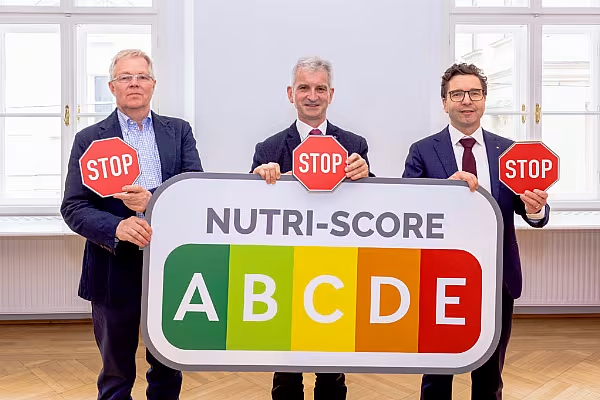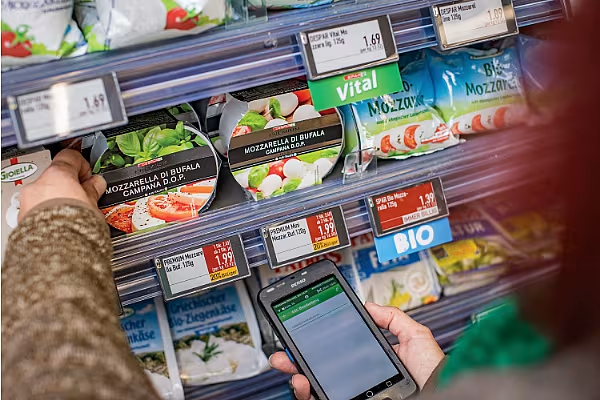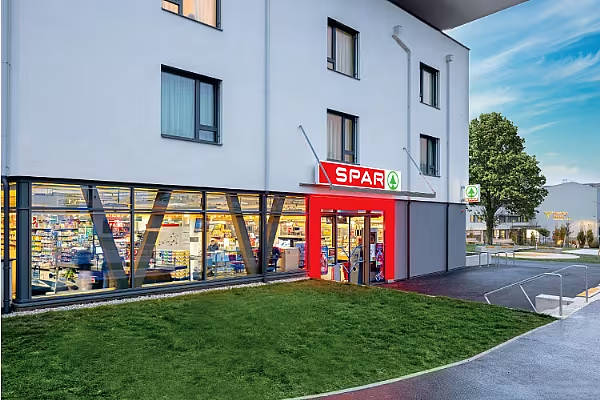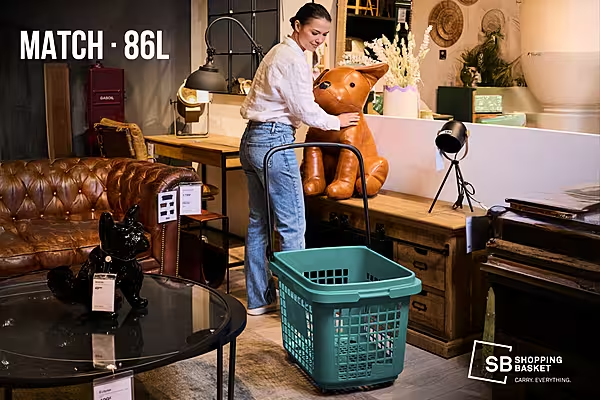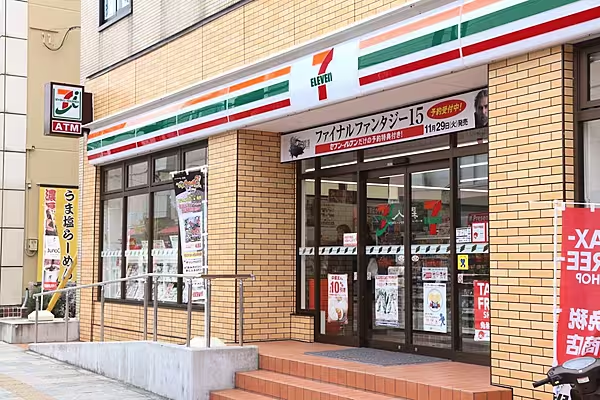A new report by Austrian preventive medical institute SIPCAN has claimed that it has identified some 'serious deficiencies' with the Nutri-Score food labelling system.
As a result of the findings, retailer SPAR Austria, dairy group Berglandmilch, food producer VIVATIS and SIPCAN have demanded a comprehensive revision of the nutritional rating system.
Nutri-Score is set to be introduced into Austria, having gained traction across Europe in recent years.
Nutri-Score Flaws
The report suggests that the Nutri-Score rating system is flawed for a variety of reasons.
Sweeteners, colourings and preservatives, palm oil, and more do not have a negative effect on the evaluation, which SIPCAN believes is the wrong approach to take.
Other deficiencies include referring to 100-gram or 100-ml of a product instead of taking portion sizes into account.
The calculation per 100-ml or 100-gram also leads to bad ratings for products such as olive oil or butter, of which large quantities are not consumed.
As a result, many products seem to do better than one would expect and vice versa.
The report highlights the issues around sugar, with the WHO recommending a maximum sugar intake of 50 grams per day.
Currently, a sugar content of 9 gram/100 gram, or 1/5 of the maximum daily amount, results in only 2 negative points (out of ten possible) according to the Nutri-Score calculation.
Read More: Italy Pushes For 'Nutrinform' System Over Nutri-Score
The level of processing into each food is also not taken into account, with processed food known to have a number of side effects.
"In theory, the Nutri-Score labeling system sounds logical, but in practice, there is a risk that people associate the colouring with 'eating' and 'not eating'," said university professor Dr Friedrich Hoppichler, who took a close look at the Nutri-Score in a scientific report.
"I am particularly critical of the exclusion of sweeteners, since the Nutri-Score practically asks you to use sweeteners instead of sugar in order to obtain a better rating," he added.
SPAR board member Markus Kaser said, "A possible introduction of the Nutri-Score in Austria is on the table and we see that this very flawed system will mislead consumers instead of helping them to eat healthily.
"We therefore urgently need a revision of the Nutri-Score, an open-ended discourse, and perhaps even a completely new labelling system."
Survey
SPAR, Berglandmilch, VIVATIS, and SIPCAN also highlighted other issues with the Nutri-Score system.
In a survey drawn up by the opinion research institute Marketagent, 500 people in Austria were asked about the Nutri-Score or labels on food at the end of February.
Only 11.8% of the respondents said they pay attention to the Nutri-Score when shopping, while 33% were not aware of Nutri-Score.
The survey also revealed 74% of the participants have not yet noticed the Nutri-Score, or do not know what it says.
The Food Compass Score has been suggested as an alternative, as it includes 54 health criteria from nine areas, evaluates the food across product groups from one to 100, and also takes into account the degree of processing.
© 2022 European Supermarket Magazine – your source for the latest Retail news. Article by Conor Farrelly. Click subscribe to sign up to ESM: European Supermarket Magazine.
